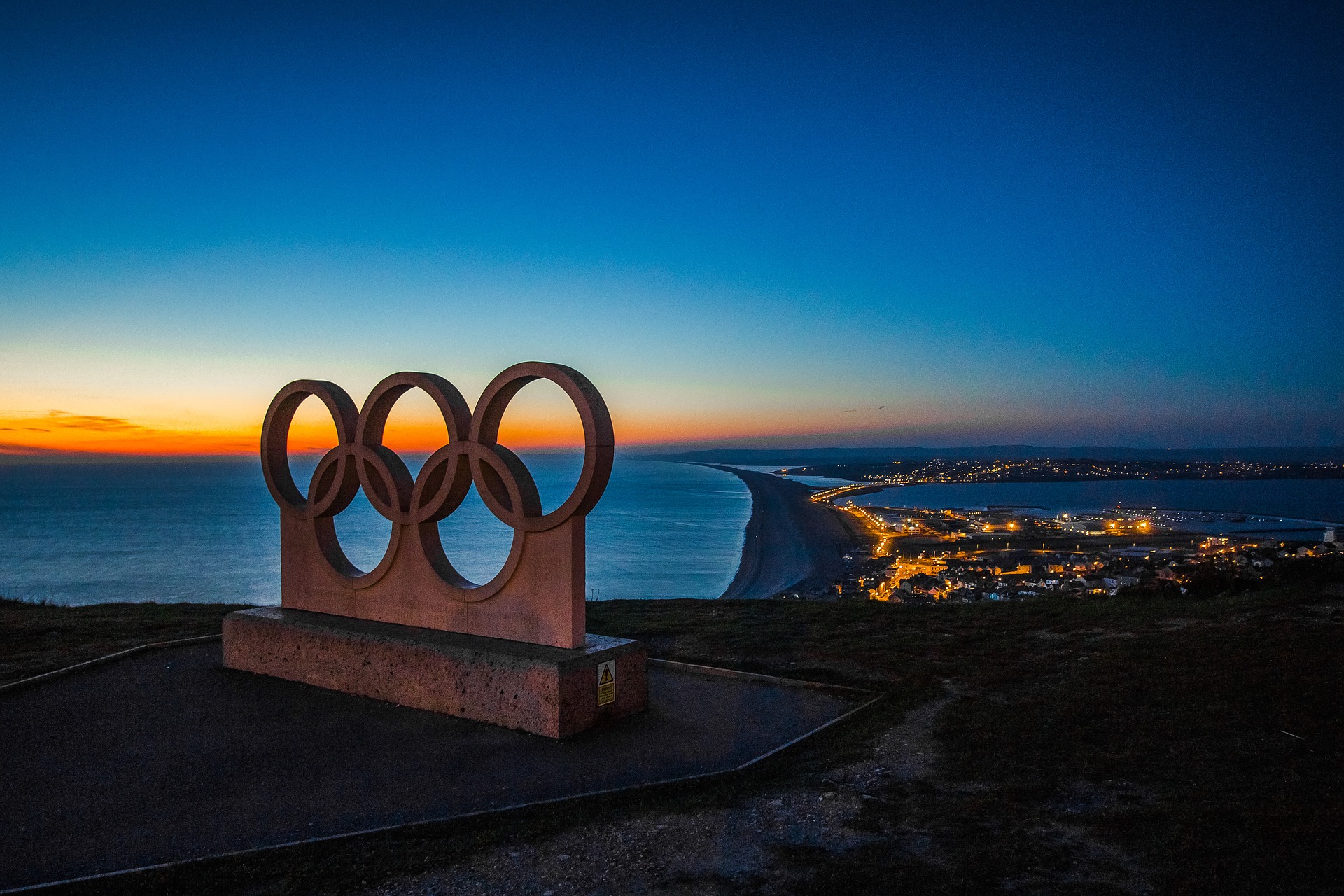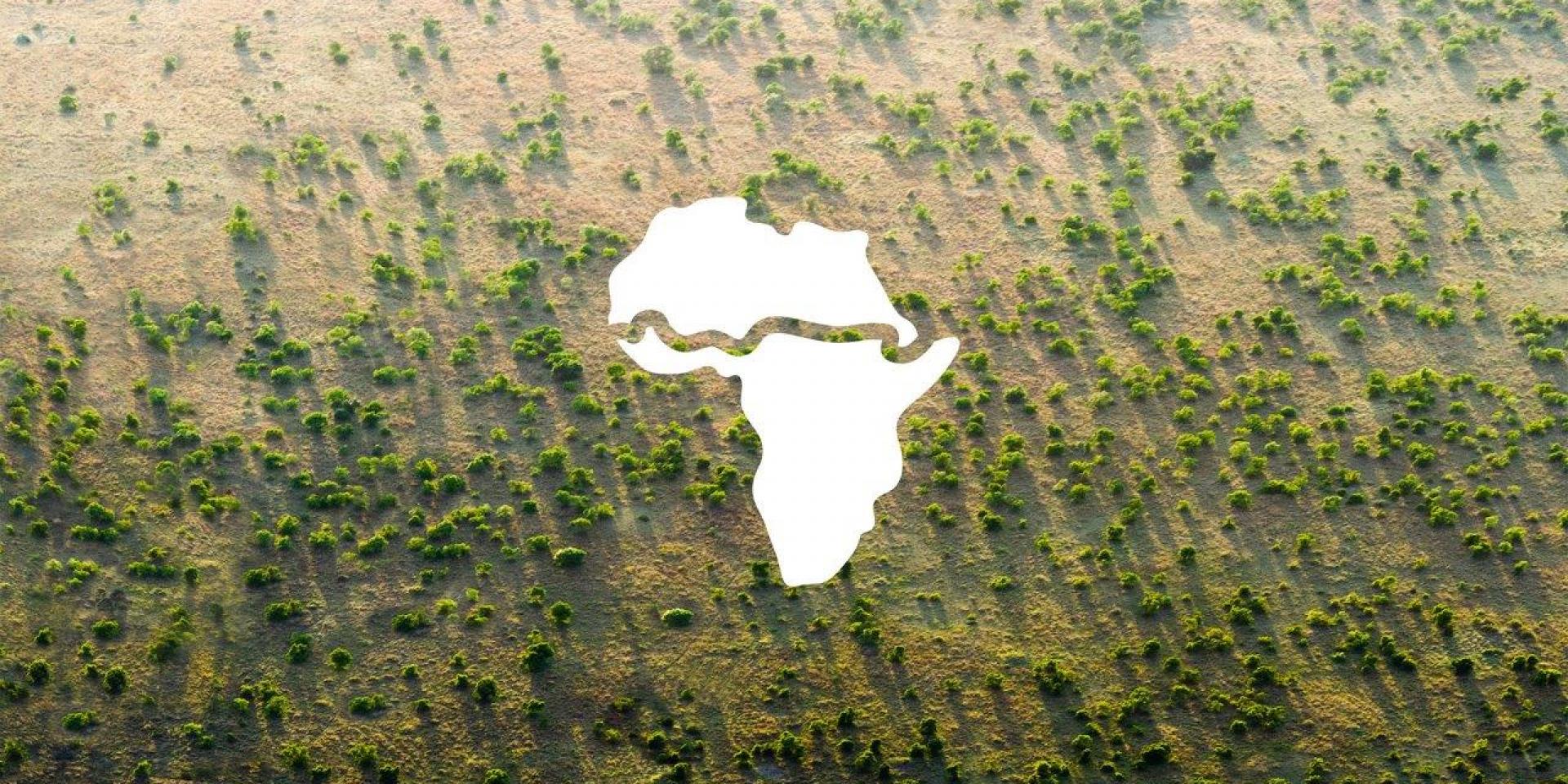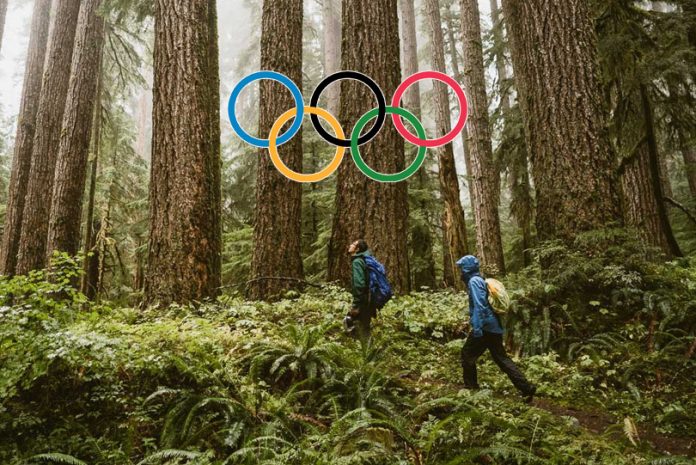
Olympic Games to Become "Climate Positive" from 2030
March 13, 2020
The International Olympic Committee (IOC) has announced that the Olympic Games will be “climate positive” from 2030 onwards. In addition, the IOC will create an “Olympic forest”, which will contribute to the UN-backed Great Green Wall Project in Africa and help the IOC move towards becoming a climate-positive organisation.
This decision was announced last week at its Executive Board meeting in Lausanne, Switzerland. This builds on the efforts taken so far by the IOC, working with the Organising Committees for the Olympic Games (OCOGs), to ensure that all upcoming Olympic Games are carbon-neutral and have a significantly reduced carbon footprint.

“Climate change is a challenge of unprecedented proportions, and it requires an unprecedented response,” said IOC President Thomas Bach. “Looking ahead, we want to do more than reducing and compensating our own impact. We want to ensure that, in sport, we are at the forefront of the global efforts to address climate change and leave a tangible, positive legacy for the planet.”
This means that the OCOGs will be required to:
- minimise and compensate their direct, as well as indirect, carbon emissions; and
- implement lasting zero-carbon solutions for the Olympic Games and beyond.
This way, the Olympic Games will become climate positive, meaning that the carbon savings they create will exceed the potential negative impacts of their operations.

The requirements will be included in the Host Contract – Operational Requirements, which constitutes the contractual commitment between the host city, the National Olympic Committee and the IOC. The IOC will work closely with each OCOG to help with the implementation.
As part of its ambition to become climate positive as an organisation, the IOC will contribute, in collaboration with the UN Environment Programme (UNEP), to the Great Green Wall project – Africa's flagship initiative to combat the effects of desertification.
The contribution will include the planting of an Olympic Forest from 2021 onwards. It will allow the IOC to support communities in Africa's Sahel region working towards the sustainable use of forests, rangelands and other natural resources and help to mitigate and adapt to climate change.